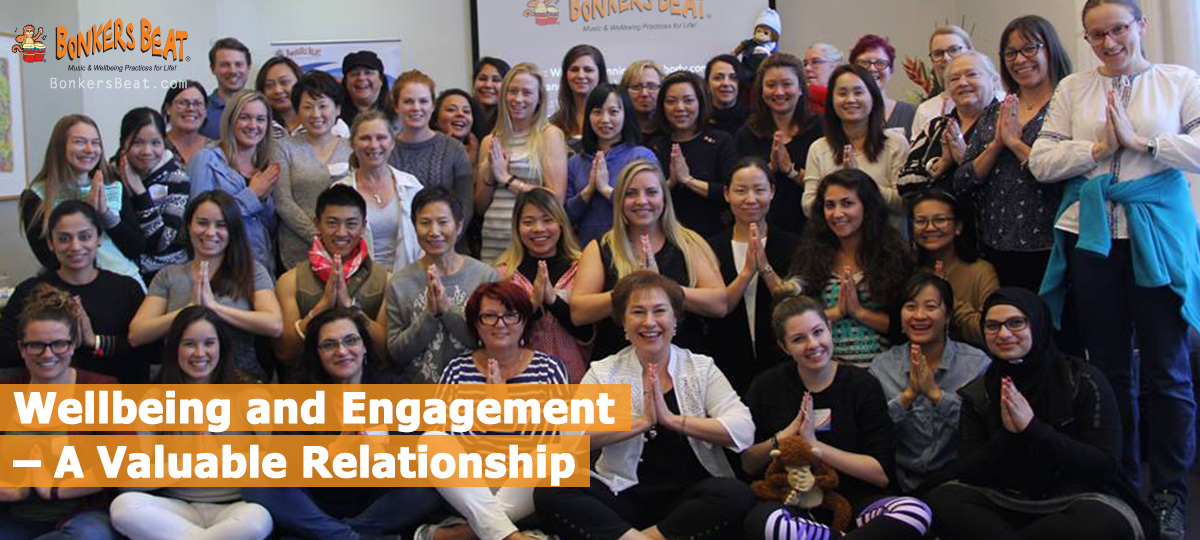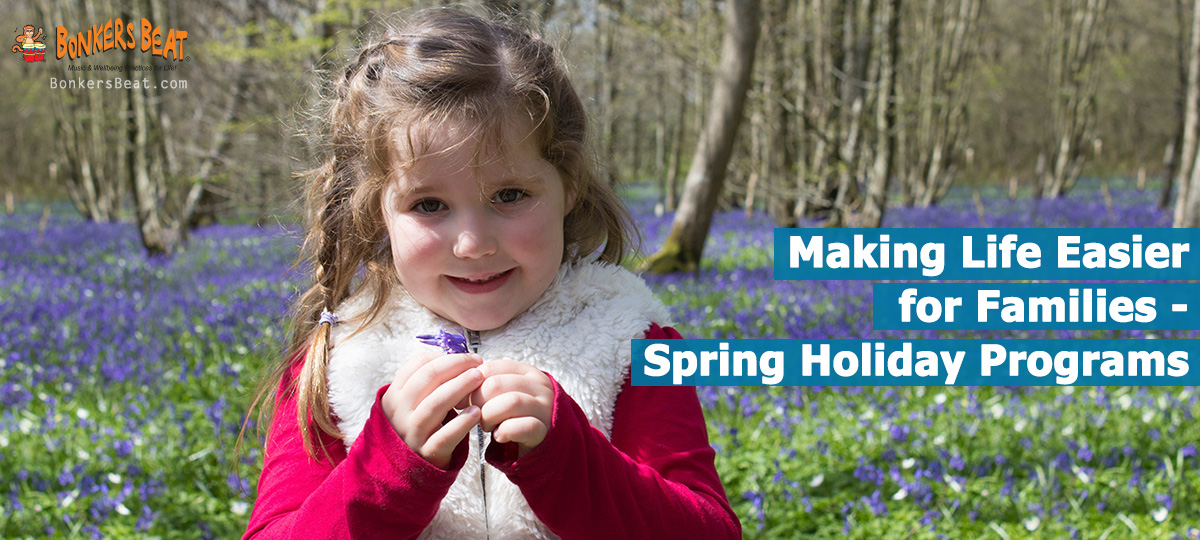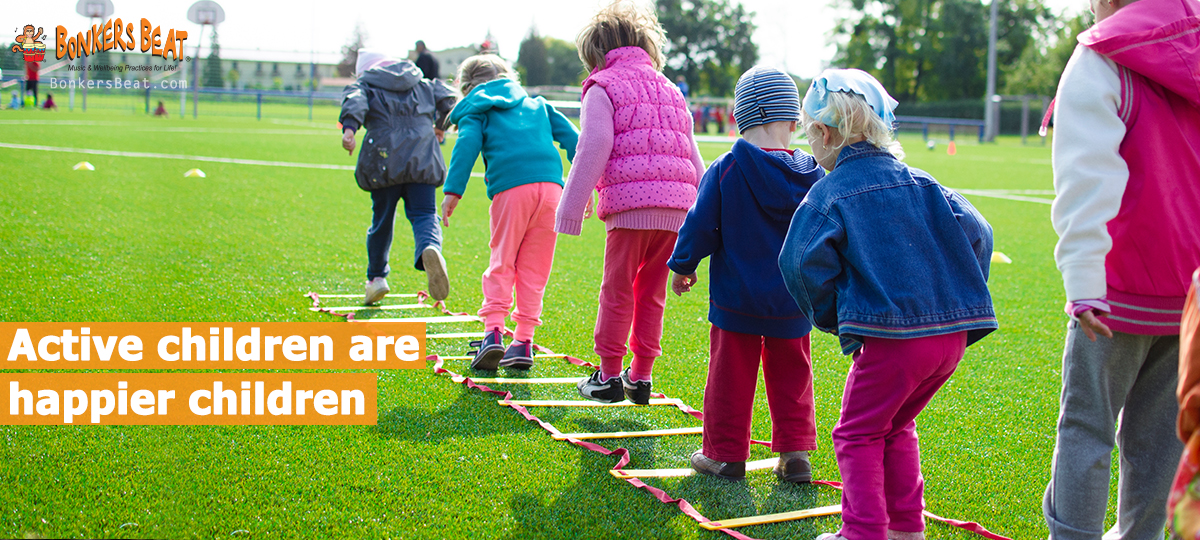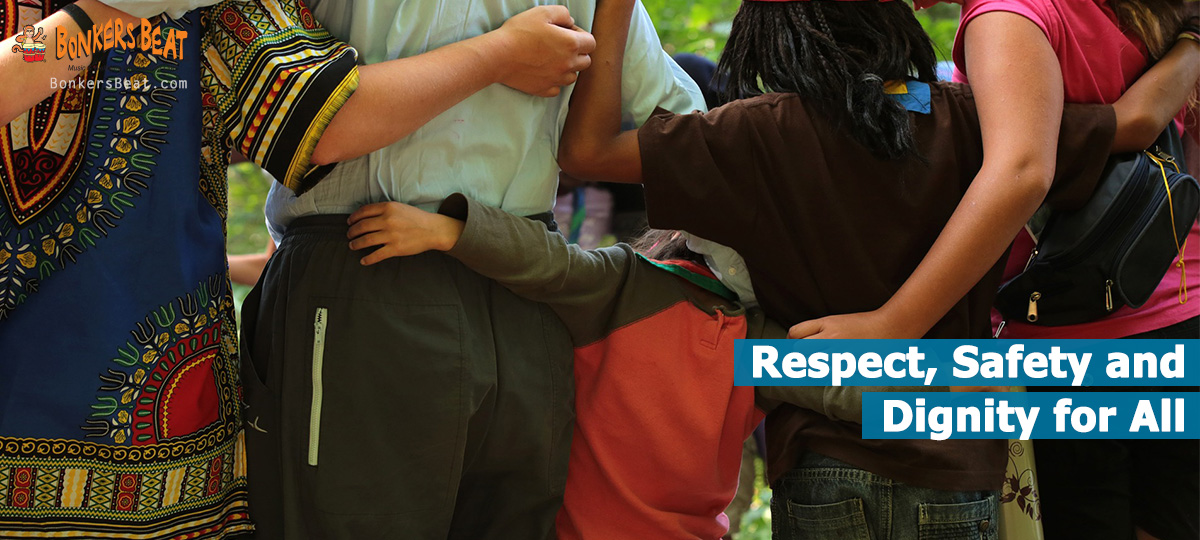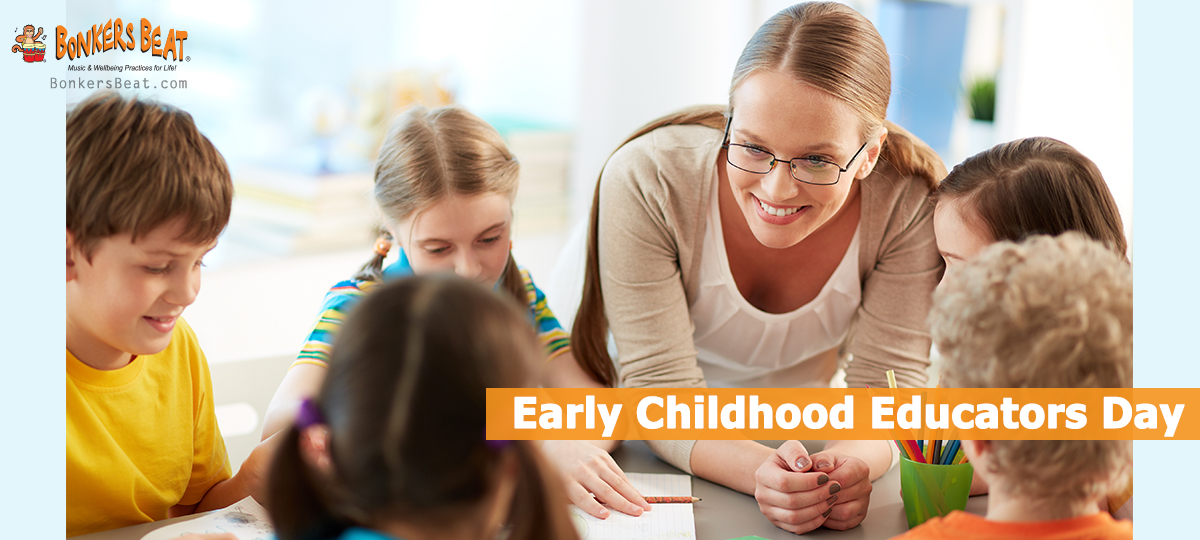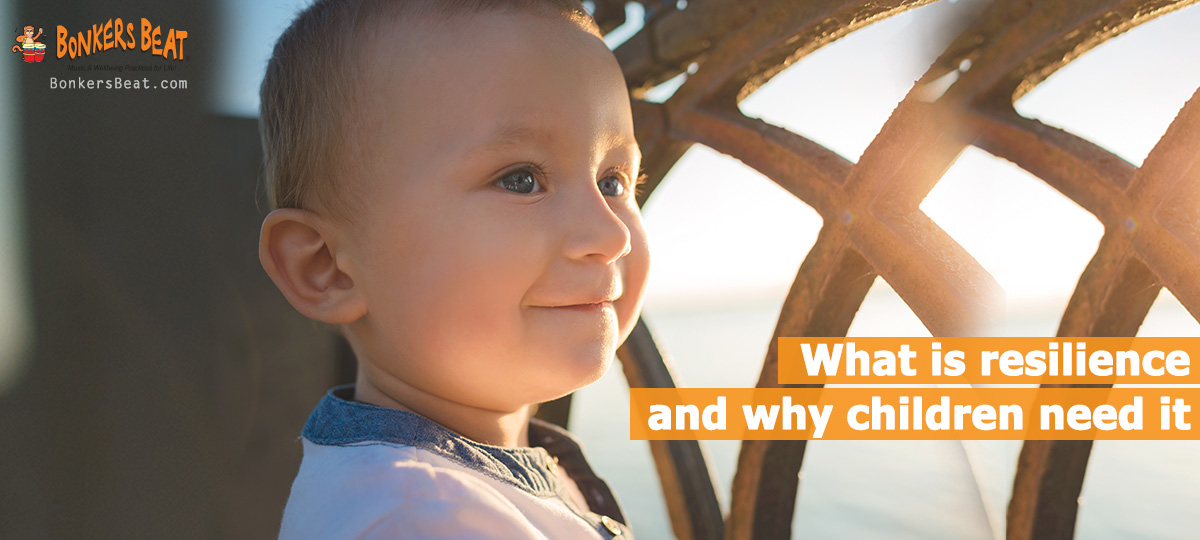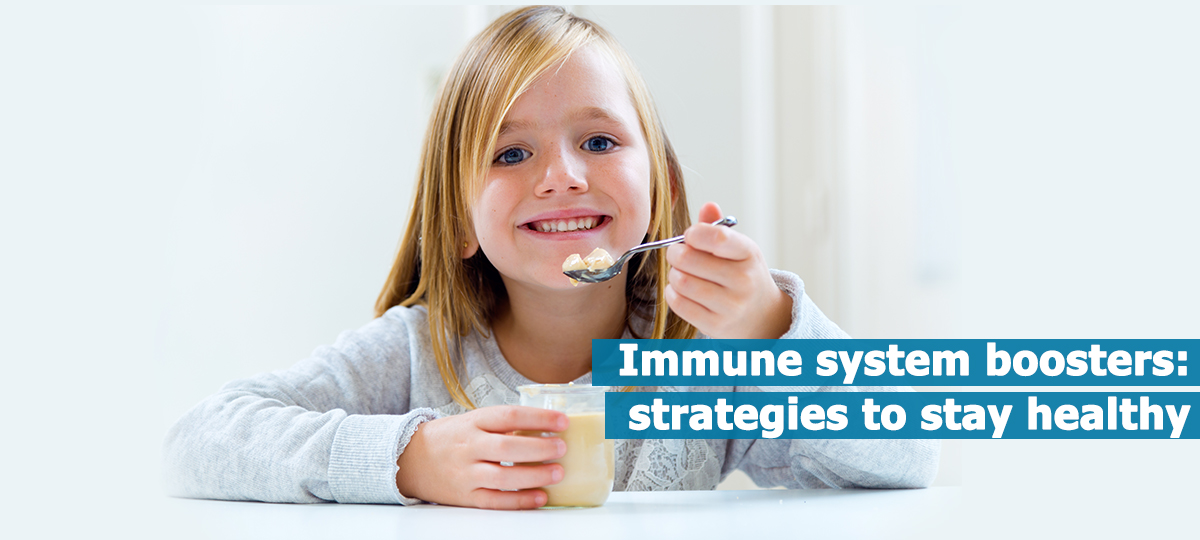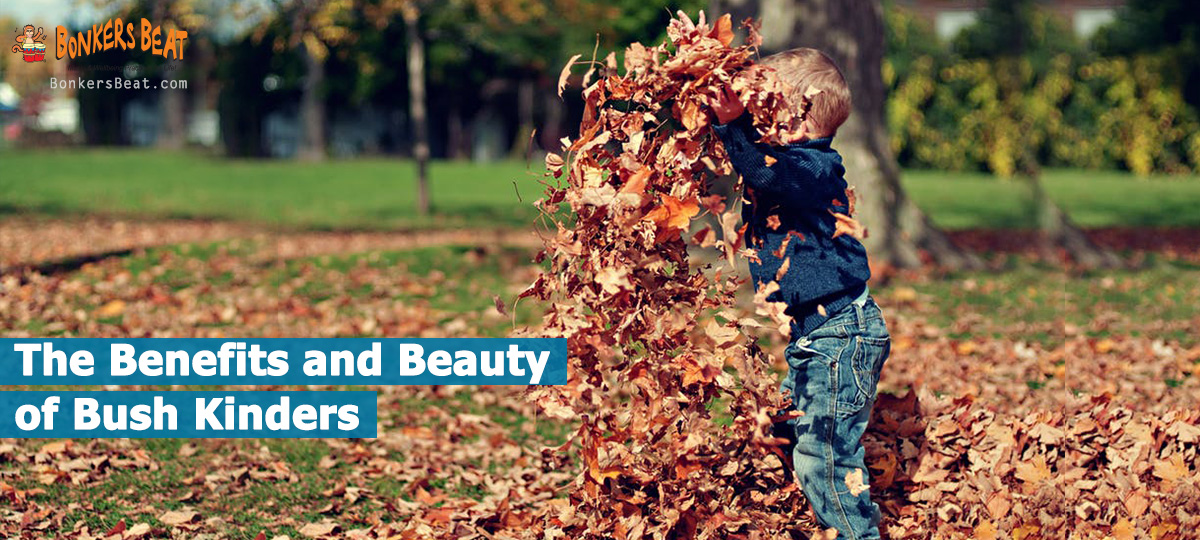Engaged educators are inspired, motivated, productive and happy in the workplace. These are qualities that are vital to creating a learning and care environment for children to flourish.
These qualities of an engaged educator enable them to do the best job possible at enhancing children’s wellbeing too. So how do you engage educators? Start with educators wellbeing.
The Essential Links Between Engagement and Wellbeing
Working on wellbeing requires a holistic approach. To really reap the rewards over time, your approach to enhancing wellbeing needs to be sustainable, not a quick fix.
It’s incredible what can be achieved for centres, educators, families and most importantly children when we shift our focus to wellbeing. Engagement is a crucial area that benefits from wellbeing practices, but it doesn’t end there!
Engaged educators lead to better outcomes for children, engaged children and educators lead to better mental health and wellness. In turn, wellbeing practices for children can help them to become better learners and all round happier children.
See engaged educators and children in action
It’s one thing to read about what you can achieve with a focus on wellbeing and subsequently high levels of educator and child engagement – it’s another thing to see it!
That’s why we are inviting owners and directors of centres to visit our flagship Bonkers Beat centre in Aspendale, Victoria. Join us at Music Kinder in Action!
We are ready to give away strategies and knowledge to centre owners and directors – with absolutely no expectations on getting anything back in return.
Our goal is simply to show owners and directors across Australia what is possible for your educators, children and centres. See how you can engage educators and the benefits of doing so.
There are only 6 spots remaining PLUS everyone who attends will receive a complimentary gift and a guide ‘How to Implement a World Class Music Program in Your Centre’.
Hope to see you there! Click here to secure your free ticket!

